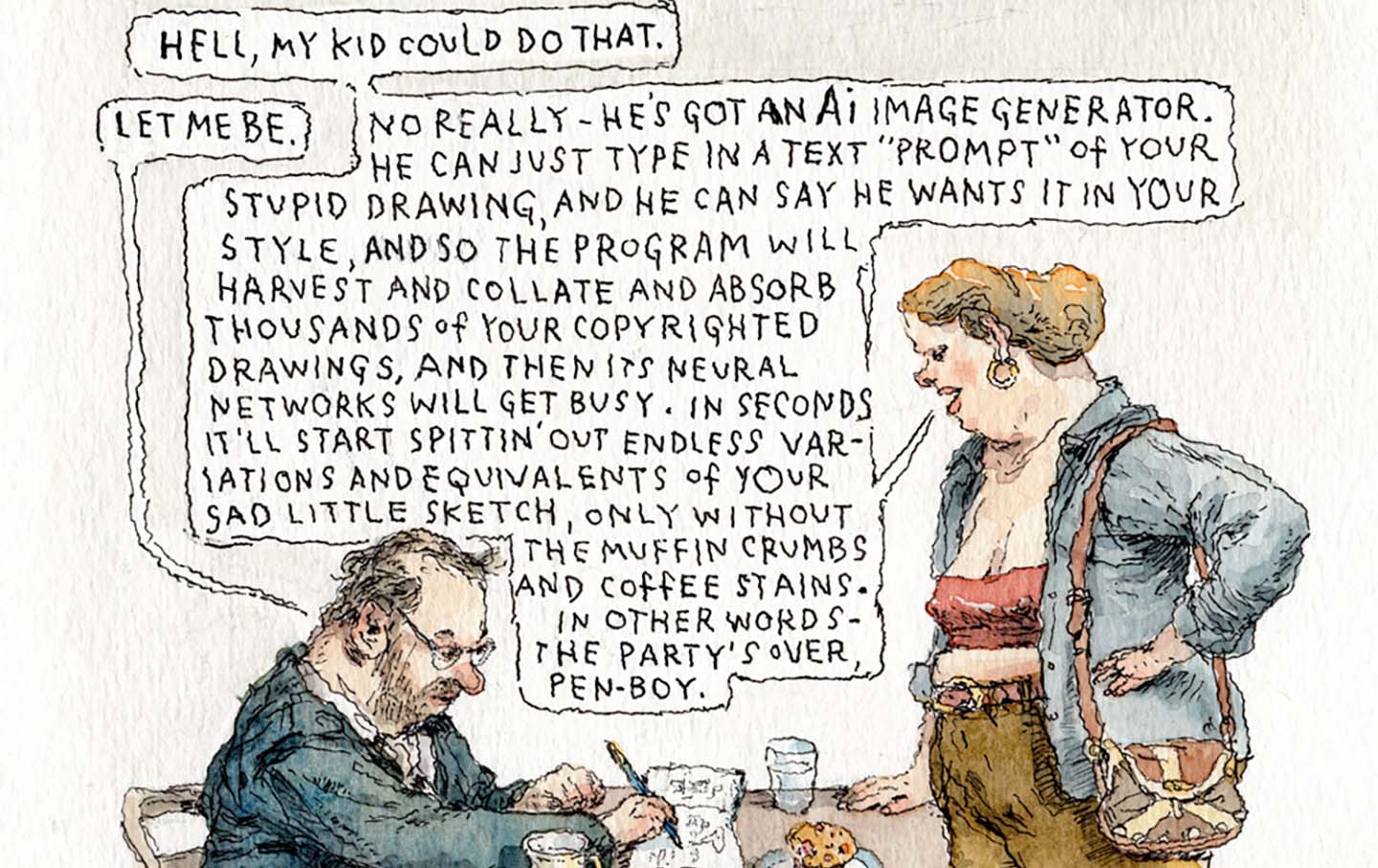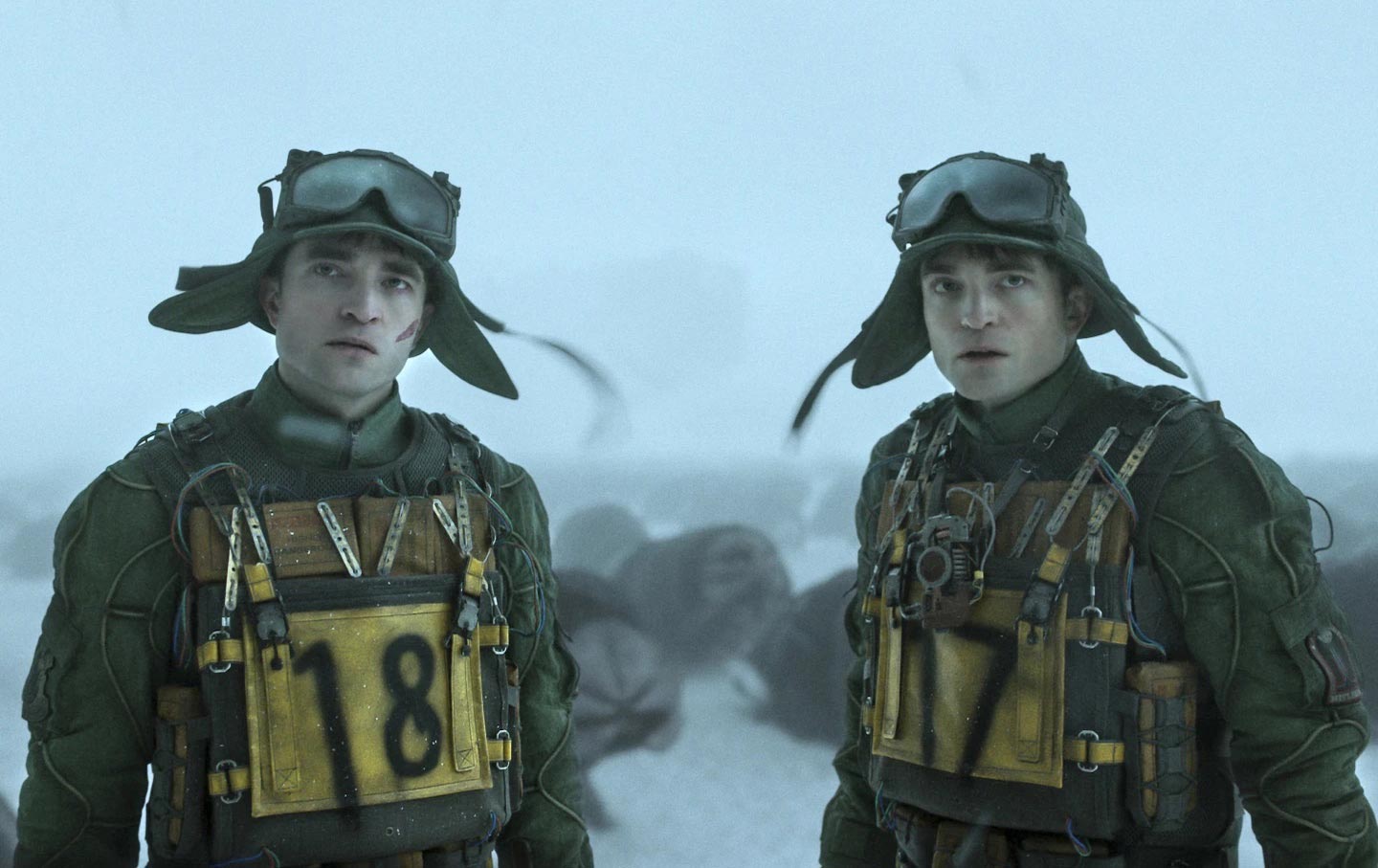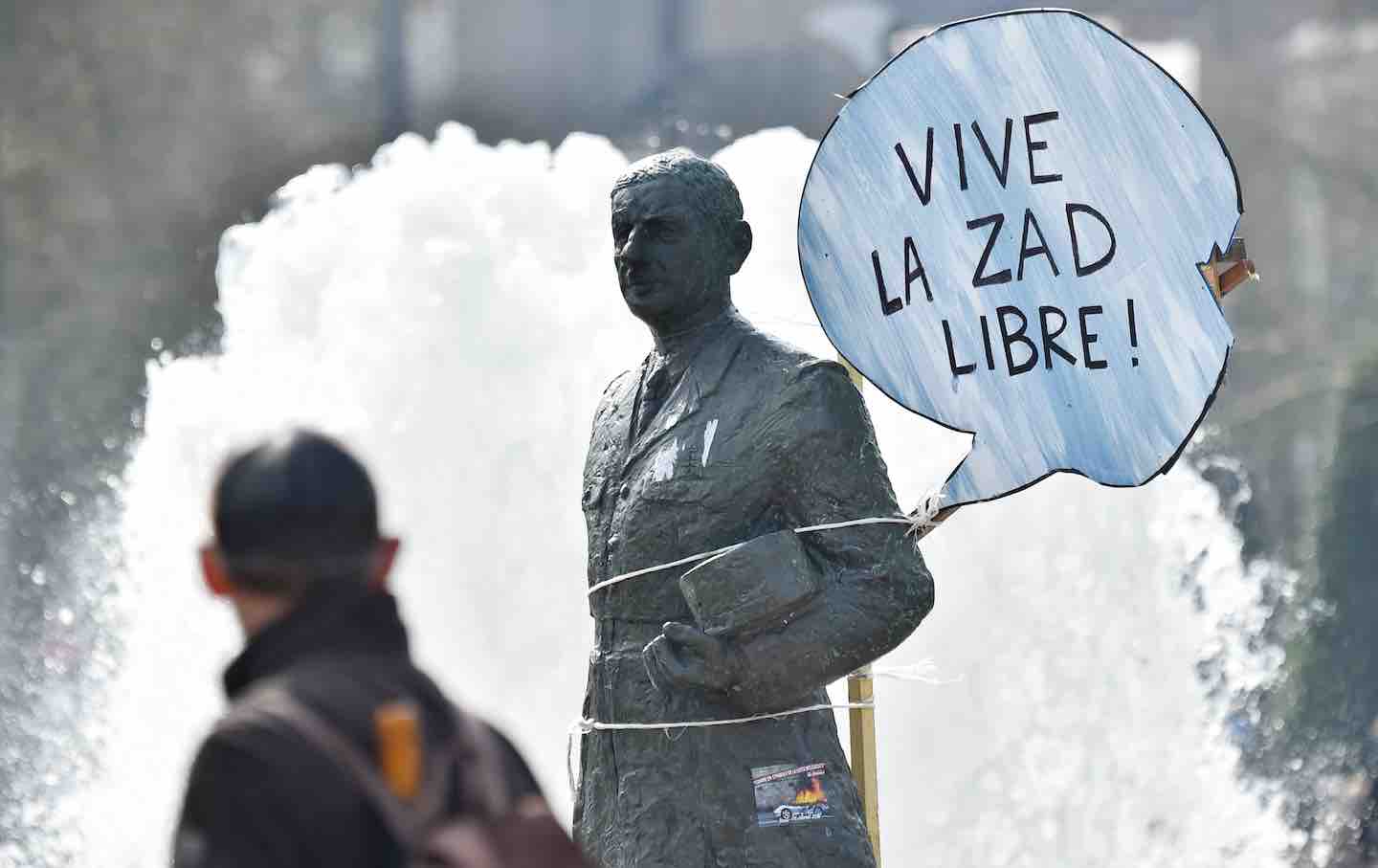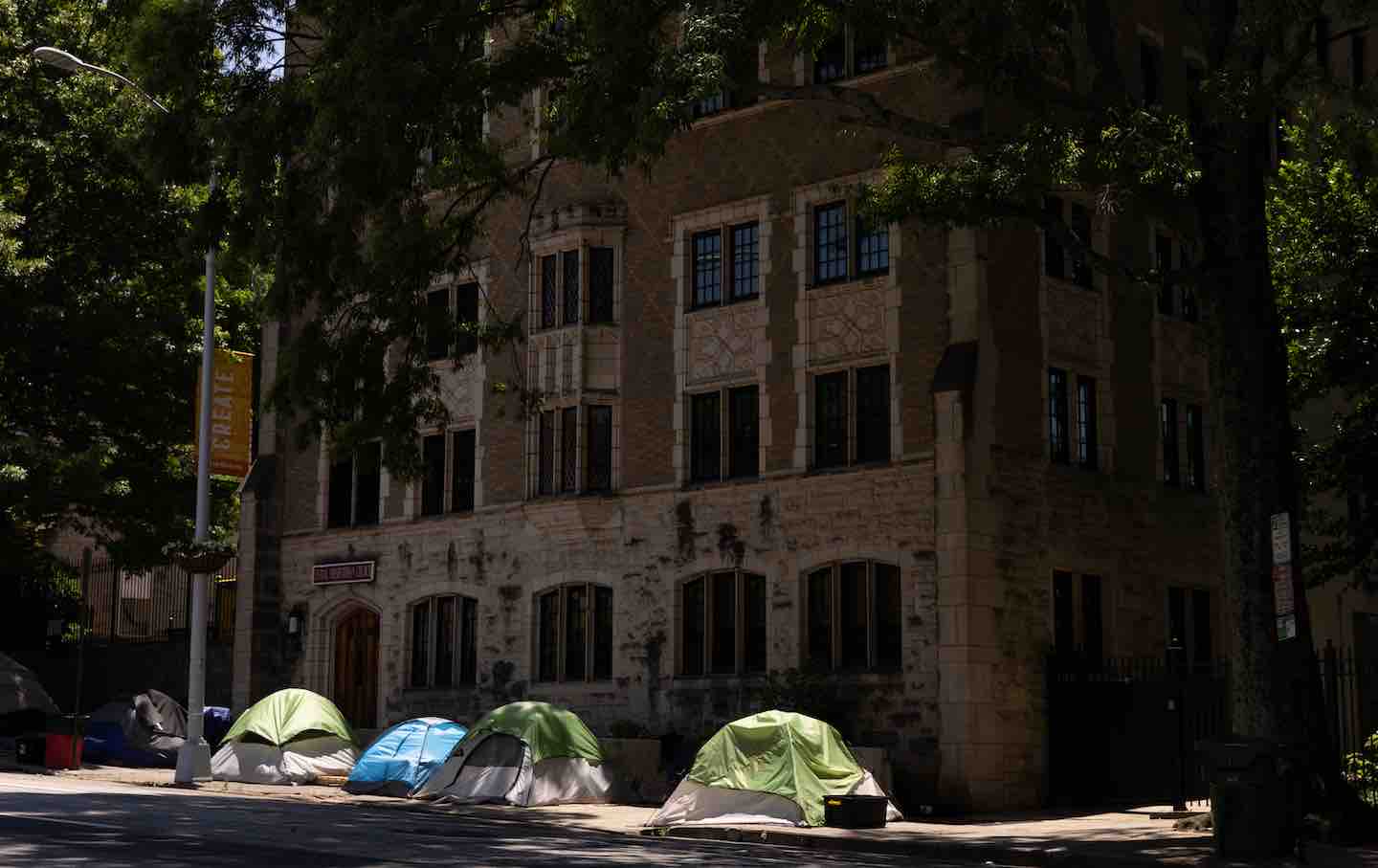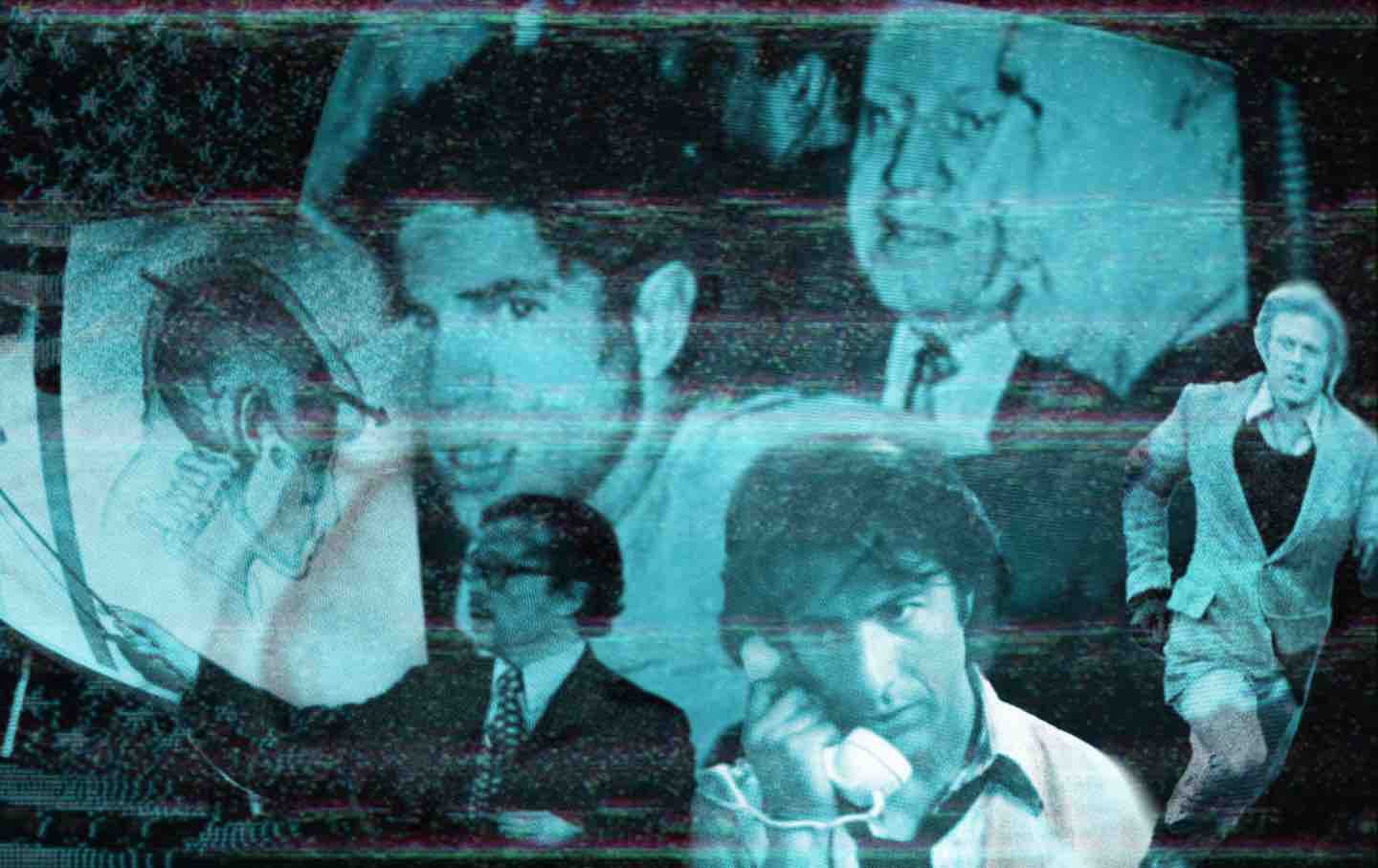To Little Black Girls, Risking Flower
A Double Golden Shovel
And then the day came,
when the risk
to remain tight
in a bud
was more painful
than the risk
it took
to blossom.
—Anais Nin
Blossom when you’re ready, but rough. Be quaint explosive. And
to those who spoke you dim, dismissed your failed green, then
took your witless imagination for manic romps in the drizzle—the
it named Weather was wee drama, cartoonish in the clutch of day.
Risk the lush you have never seen. Forget how winter first came—
the unrhymed shudder, the gray dressed like your father; when,
thanks to the loud religion of wind, you couldn’t find your face, and the
painful trick of season moved through you like a knife of ice. Risk
more. Risk smolder. Risk blood flower. Risk voice. (Like you, it too
was often just storm not knowing why.) Risk is why you remain,
bud like an opening hand, sprouting your mere devastation of tight
aroma, why you’ll strut thorn, sink flytrap canines into bland satin,
into a landscape of concrete, unloosing the notion of grass. What a
tight-clenched jubilation you are, what a plump thirsting bud,
remaining unswerved in your reach for any sky. If your aim was
to unfurl, terrify, sparkle with damage, you’ll do that and more.
Risk lurks in every inch of soil as frost or scorch, and it’s painful
the way soil can stunt the upward it insists upon. You’re more than
when you were just a whimpering mistake beneath the dirt, the
Camellia clawing for first breath. Risk that breathlessness. Risk
day, risk slap of sun, risk yawning wide, risk the itch and choke of it,
the damned wheel of days, growth and all the dirty water it took.
Then be that quaint explosive. Growl out with howling, red vibrato,
and own everything weather has done to you. Bellow, girl. Blossom.
(This poem originally appeared in You Are Here: Poetry in the Natural World.)
Patricia Smith is the author of Unshuttered; Incendiary Art, winner of the Kingsley Tufts Award, the Los Angeles Times Book Prize, and the NAACP Image Award, and finalist for the Pulitzer Prize; Shoulda Been Jimi Savannah, winner of the Lenore Marshall Prize from the Academy of American Poets; Blood Dazzler, a National Book Award finalist; Africans in America, a companion volume to the award-winning PBS series; and the children’s book Janna and the Kings. Her work has also appeared in The Best American Poetry, The Best American Essays, and The Best American Mystery Stories. Smith is the recipient of the Ruth Lilly Prize for Lifetime Achievement from the Poetry Foundation. She is a professor in the Lewis Center for the Arts at Princeton University, a former distinguished professor for the City University of New York, a chancellor of the Academy of American Poets, and a member of the American Academy of Arts and Sciences. She lives in Mercer County, New Jersey.


